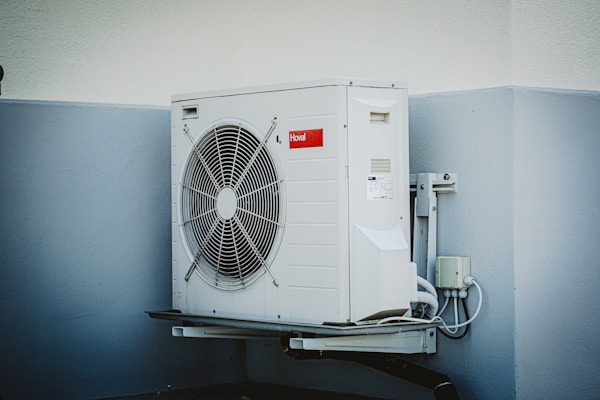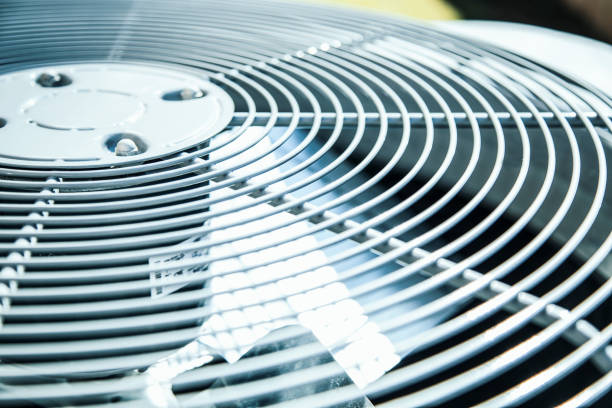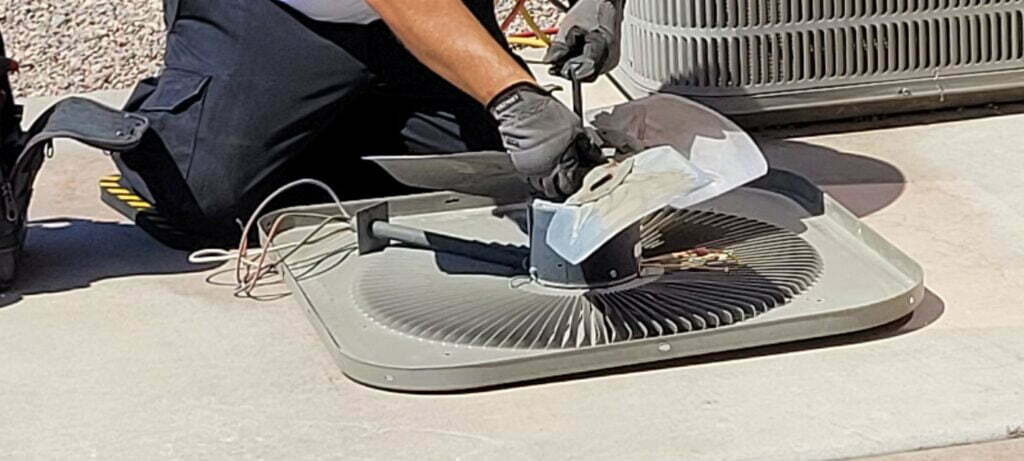During regular operation, it is normal for your HVAC equipment to make some noise. However, if you’re hearing strange noises that are out of the ordinary coming from your HVAC system, it’s important to take note. There are several noises that could indicate an issue with your system. Keep reading to learn more about strange HVAC noises.
Squealing
After you turn on your HVAC system, do you find yourself asking, why is my AC squealing? Squealing coming from HVAC equipment can be a very annoying and disruptive experience. It is important to address and diagnose the issue quickly in order to prevent further damage to the system and preserve the comfort of the home. The first step in diagnosing a screeching noise coming from HVAC equipment is to determine the source of the sound. The sound could be coming from the air handler, blower motor, furnace, or condenser unit.
The HVAC system may be producing a squealing sound due to various issues. If it is coming from the air handler, this could indicate a bad bearing or belt that needs replacing. A blower motor might have worn-out belts, loose fan blades, or faulty bearings, causing its unpleasant noise. Furnaces can make loud noises if their fan motors or bearings are worn out. Finally, a high-pitched whistling or screeching could also indicate that the unit’s compressor has a dangerously high HVAC refrigerant pressure. This is an issue that should be addressed by a professional as soon as possible.
Buzzing

Troubleshooting the strange buzzing noise coming from your HVAC unit can be tricky since multiple problems could cause it. It is essential to pinpoint where specifically the sound is generated in order to effectively diagnose and repair it. The buzz may result from a loose or worn part, such as a fan belt or motor, which you can identify by inspecting visually. Other times, an electrical issue like a disconnected wire connection or malfunctioning circuit breaker might be causing it. If this is the case, it will require further investigation and testing for confirmation.
In more serious cases, the problem could hint at bigger issues involving system components like compressor failure that need professional assistance right away. No matter what’s causing the humming noise, identifying its source lets you address it properly so your HVAC system performs as it should.
Rattling

Rattling is a common and potentially annoying sound emitted by HVAC units. While it can be an annoying sound, it is important to know the cause of the rattling in order to determine if it is something that needs to be addressed. The cause of a rattling HVAC unit could include loose or damaged components such as fan blades, compressor fans, and condenser coils. If the rattling is severe enough, you should contact a qualified technician who will inspect your unit, pinpoint its cause and provide you with an appropriate repair solution. The technician may also suggest preventive maintenance techniques like lubricating fan blades on a regular basis in order to avoid future issues caused by neglecting proper care for these parts.
Banging
If you hear a loud banging coming from your HVAC unit, it could mean that something is wrong with the compressor. This sound typically indicates either difficulty starting up or an issue, such as a loose bearing in its motor. Additionally, fan blades hitting something within the blower assembly and parts being loose can also cause this type of noise. If your air filter is clogged and dirty, excessive vibrations by the fan motor may occur due to the increased effort needed for operation. As a result, you’ll want to check and change filters at least every 90 days. Additionally, clean air filters can help improve your indoor air quality.
Diagnosing odd sounds from your HVAC unit is important in order to prevent any potential damage to the unit and to ensure that it is functioning properly. Remedying the problem behind many of these sounds is essential to maintaining the health and efficiency of your heating and cooling system.





